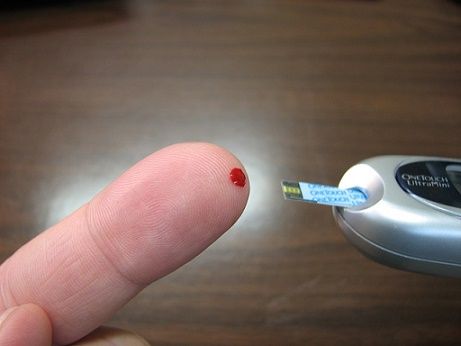For some time now, doctors have been aware that type-2 diabetes and cardiovascular disorders often go hand-in-hand.
In a paper published by the American Diabetes Association, a research group including Henrik Enghusen Poulsen and Laura Kofoed Kjær argue that a simple urine test can predict who is in the high-risk zone, reports Videnskab.dk.
At the moment, diabetes treatment is based on Danish studies that show patients have the greatest chance of survival if a number of factors are treated simultaneously.
Zeroing in
“We hope that we can zero in on those who have a specific need for help rather than using a scatter-gun approach to treating patients,” say the researchers.
Type-2 diabetes is a disease that hits a number of organs, as well as both large and small blood vessels. It is especially prevalent in the eyes, kidneys, nerves, feet and heart.
READ ALSO: Cut down on sugar intake or face the consequences, report concludes
If it is to be treated effectively there has to be a way of measuring the condition of the various organs and the body as a whole. The new test will accomplish that, say the researchers.
It’s in the RNA
The research showed that RNA damage is a decisive factor when it comes to mortality in type-2 diabetes patients.
Like DNA, RNA is a polymeric molecule essential for various biological roles in the coding, decoding, regulation, and expression of genes. Unlike DNA, it does not have a defence mechanism and, because it exists outside the nucleus of a cell, can be vulnerable to oxidation damage.
The urine test is able to detect damage to a person’s RNA.
“We hope that our method can contribute to patients being put into more targeted treatment groups where they are given medicine aimed directly at them: personal medicine.”
The next step is to find a treatment method that lowers RNA oxidisation. That way, patients can be helped and not just be given an estimate of when they are going to die.











